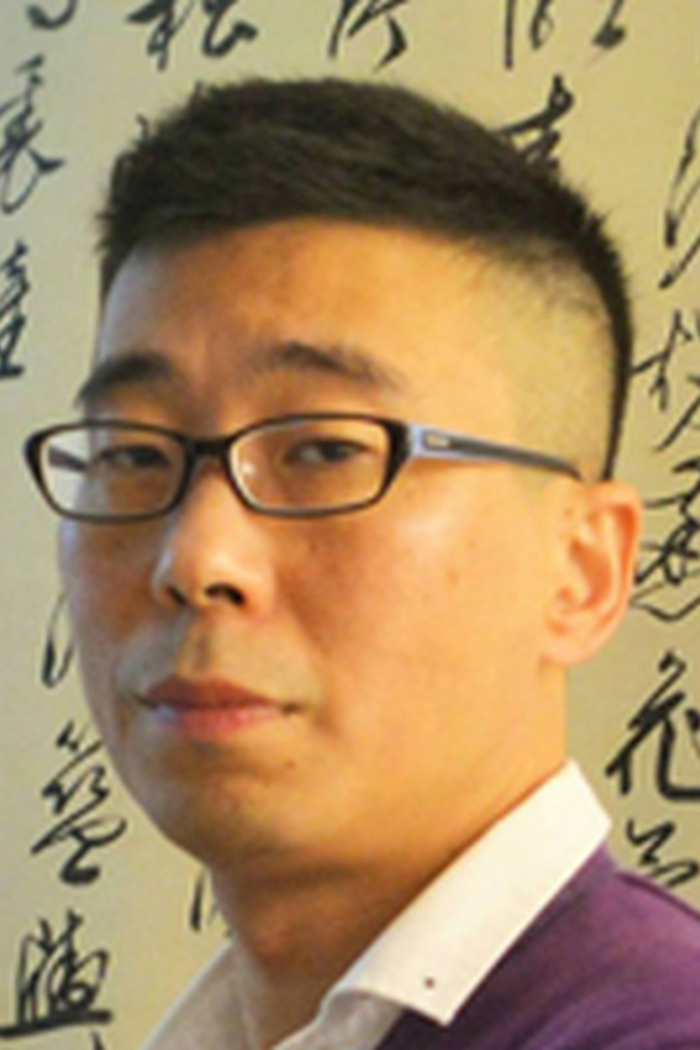宋耕教授是文學院院務委員會主席兼翻譯碩士課程總監,2012 年加入中文學院,此前在澳洲國立大學和新加坡南洋理工大學執教多年,並兼任上海大學客座教授,獲選2022/23年度美國國家人文中心研究員。宋教授致力於從跨文化、跨學科、跨歷史的角度考察中國的性別文化問題,在國際權威刊物如Modern China, The China Journal, Men and Masculinities, Asian Studies Review, Modern Chinese Literature and Culture, Inter-Asia Cultural Studies, Nan Nü 等發表英文論文多篇,並著有3本英文專著和多本中英文編著,其中關於中國社會文化中男性氣質的兩本專著被視為這一領域的奠基之作。他的關於電視文化與性別研究的最新專著2022年由美國密西根大學出版社出版。宋教授是香港大學出版社“跨國亞洲男性氣質叢書”的主編。他主持的中國80後作家作品英譯項目,由夏威夷大學出版社出版,並作為“一帶一路”重點文化項目翻譯成韓文、西班牙文、塞爾維亞文、克羅地亞文等多種外語。
Professor Geng Song is Chair of the Board of the Faculty of Arts and the Director of the MA in the field of Translation (MAT) Programme. He taught in Singapore and Australia for over ten years before coming to HKU in September 2012. He is a Guest Professor at Shanghai University and was a Luce East Asia Fellow of the National Humanities Center (USA) in 2022/23.
Song is interested in transcultural, transdisciplinary, and transhistorical inquiries on gender and identity in Chinese popular culture. He has written extensively on issues such as men and masculinities in Chinese culture and society, Chinese television, and Chinese nationalism. His first book, The Fragile Scholar: Power and Masculinity in Chinese Culture (2004), is now considered a pioneering work in the field of Chinese masculinity studies, with its conclusions drawn from materials on the caizi discourse serving as the “cornerstone for any future critical studies on Chinese masculinity” (Jing Wang, back cover blurb). His second book, Men and Masculinities in Contemporary China (co-authored with Derek Hird, 2014), represents a much-applauded attempt to combine in an interdisciplinary manner a critical reading of male images in media texts with interviews with and ethnographic examinations of men in the context of everyday life in mainland China. It has been extensively reviewed and hailed as a “valuable guide to the new configurations of manhood that have emerged in urban China over the past couple of decades of explosive economic growth and dizzying social change” (Matthew Sommer, book review). His newest monograph, Televising Chineseness: Gender, Nation, and Subjectivity (2022) explores how television and Web dramas imagine the Chinese nation and form postsocialist Chinese gendered subjects. He is currently working on a new project on how algorithms rewrite history in Chinese digital media.
Song’s publications also include edited volumes on Chinese television and transnational Chinese masculinities, a translated anthology of works by China’s post-80s writers, and a number of research articles in such journals as Modern China, The China Journal, Men and Masculinities, Asian Studies Review, Modern Chinese Literature and Culture, Inter-Asia Cultural Studies and Nan Nü. He is the recipient of two GRF grants, as well as international collaboration grants from the British Academy, Social Sciences and Humanities Research Council of Canada (SSHRC), and the Academy of Korean Studies and has delivered keynote/invited lectures in the UK, Australia, the USA, and China.
Song is the co-editor of a book series on “Transnational Asian Masculinities” by Hong Kong University Press. His research has been widely featured by major international media outlets, such as the South China Morning Post, The Guardian, Nikki Asian Review, China Daily, Radio Australia, and The Straits Times, to name just a few.








